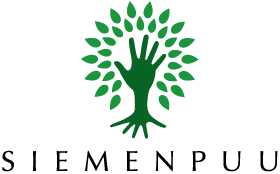Under the Feminist Agroecology funding theme, Siemenpuu’s aim is to strengthen the rights of peasant women and local communities dependent on small-scale farming, to improve these communities’ livelihoods and to conserve biodiversity.
Under the theme, Siemenpuu supports civil society organisations’ projects mainly in Mozambique. Funded projects are expected to actively strengthen the capacity and leadership of women and persons with disabilities in natural resource management.
In Siemenpuu’s feminist approach to agroecology, equal rights of all genders to land tenure, seeds, knowledge, income, participation and decision-making are important. Due to the structural injustices faced by women, project support is directed primarily to work with female peasants, and encouraging gender-sensitive male influencers. When aiming at agroecological food systems, questions are raised on the valuation of traditionally male and female dominated work, the gendered division of domestic duties and caretaking, power relations of families and communities, and on time management. Also, themes related to gender-based violence are discussed.
Funded projects focus on supporting local communities in developing agroecological practices – particularly in forested areas – in order to diversify livelihood options and nurture agricultural biodiversity. The aim of the agroecological approach is a food system based on local communities, responsible production and responsible consumption.
Following type of agroecology related work is supported through the grants:
- Organisation of small-scale farmers, particularly peasant women;
- Capacity-building and networking of peasant women to demand fair public policies, as well as to defend their rights to, for instance, land and seeds;
- Transition to and development of agroecological methods, such as: nurturing soil health, recycling of nutrients, energy-saving, diversified crops, agroforestry, composting, production of natural pest control, drip irrigation, conservation of native seed and animal varieties and minimizing of external inputs;
- Development of value chains of agroecological products;
- Peer support and learning;
- Further measures to strengthen small-scale farmers’ climate resilience and adaptation to the impacts of climate change;
- Efforts to increase gender equality and inclusion of persons with disabilities.
